10 Scientific ways to lose weight fast
Written by: Dn. Tanveer Aslam
You've certainly heard your fair share of bizarre weight loss advice over the years, such as drinking celery juice every day or substituting weight loss "cookies" for meals. Those suggestions are frequently offered by non-health professionals, so if it seems too good to be true, it generally is. But for those who are in the correct mental health place and have weight loss as a personal goal, there are many reliable, research-supported, and expert-approved recommendations available that should be disregarded.
Plan ahead
The adage "calories in, calories out" means that you must expend more calories than you consume through food and drink. However, as many individuals can attest to from personal experience, it's not that easy. When attempting to reduce weight, both proper nutrition and exercise are crucial. If your nutrition is out of balance, no amount of activity can help you lose weight. However, evidence indicates that whether you're attempting to reduce weight or not, exercise has significant positive effects on your body and mind.
Your body's ability to convert calories into fuel, or metabolism, is important. Additionally, it's harmful to limit calories too much. You can accomplish this in a variety of ways without drastically reducing your calorie intake. You might:
Reduce portion sizes.
Calculate how many calories you consume on a typical day and cut back a little.
To find out how many calories are in each serving, read the food labels.
You won't feel as hungry if you drink more water.
Whatever approach you choose, you must prioritize healthy foods like fruits, vegetables, whole grains, and lean protein to maintain a balanced diet. However, there isn't a single, universal healthy eating strategy. An excellent approach is to work with a dietician to create a plan that addresses your unique requirements. Additionally, it's crucial to follow through with a healthy weight loss plan for women that you create. The tendency must continue over the long term to become healthy and maintain that state.
Obtain accountability and assistance
You can track your meals using a variety of applications. You can use your smartphone, which you almost certainly always have with you, to stick to your plan. Or record what you ate and when in a food journal using pen and paper.
Additionally, you'll need supporters to keep you inspired and encourage you. So, enlist the aid of your loved ones in your weight-loss endeavors.
You might also want to sign up for a weight loss support group so you can share your experiences with others who can relate. Or consult a friend who has successfully healthily shed weight. In a good manner, their encouragement is contagious!
Learn what makes you want to eat.
Food is essentially fuel, to put it simply. You have more energy as a result. But hardly anyone consumes food only for that purpose. Every social gathering has it. And it's where many of us go when we're having a bad day.
Knowing what triggers your desire to eat when you are not hungry will help you prepare a strategy for those circumstances.
Finding out what your triggers are is the first step. In what area of your life are you experiencing tension, rage, anxiety, or depression? Or do you typically eat when something positive occurs? Next, make an effort to pay attention to those feelings as they arise and be prepared to do something else in place of eating. Could you go for a stroll? To text a friend?
Finally, give yourself a prize for choosing differently. Just avoid rewarding them with food.
You don't have to cut out any specific food groups, go vegan, or give up gluten to reduce weight. In fact, if it's something you can maintain over time, you're more likely to keep the weight off permanently.
However, it does make sense to drastically reduce or eliminate empty calories.
These are different from the sugars that are present naturally in foods like fruits, such as cookies, cakes, and drinks with added sugar. Foods high in sugar frequently offer many calories but few nutrients. Aim to consume added sugars at a rate of no more than 10% of your daily calories.
Pick and choose your carbs.
Which ones and how much you eat are up to you. Look for foods that are fewer in carbs per serving or have a lower glycemic index than others (for example, asparagus has a lower glycemic index than a potato). Due to the removal of essential elements like fiber, iron, and B vitamins during processing, whole grains are a healthier option than processed foods. They might be reintroduced, as in "enriched" bread.
Add some protein.
It is gratifying and will support maintaining your muscles. In addition to lean meat, chicken, fish, and dairy, there are vegetarian and vegan alternatives (nuts, beans, and soy are a few).
You may already have a sufficient amount of protein in your diet as the majority of Americans choose to obtain it from leaner sources. Your specific protein requirements are influenced by your age, gender, and level of activity.
Small amounts of fat can make you feel more satisfied and less dieting-like. Fish, nuts & seeds, and olive oil are the healthier options. These contain polyunsaturated or monounsaturated fats, which are examples of unsaturated fats.
Eat plenty of fiber.
Vegetables, whole grains, fruits, and any other plant-based food will provide fiber. Others own more than they do. Artichokes, green peas, broccoli, lentils, and lima beans are some of the best sources.
Raspberries top the list of fruits.
Take extra meals. It may prevent hunger if you eat five to six times each day. Each of those mini-meals may have an equal number of calories, or you could make some larger than others. Planning your quantities will help you avoid consuming more food than you intended.
Replacement meals.
Your calories will be controlled by these goods. They are practical and remove the element of uncertainty from diets. Again, though, if you stop consuming meal replacements, you'll need to alter your eating routine to keep the weight off.
Watch what you drink.
Eliminating liquid calories like soda, juice, and alcohol is one simple approach to reducing weight quickly. Replace them with calorie-free beverages like black coffee, unsweetened tea, or lemon water.
When compared to sugary beverages, diet drinks will help you cut calories. But that strategy backfires if you subsequently go for a cookie or other delicacy because you're still hungry or you believe you've conserved enough calories for it.
You Should Fast.
You might believe that fasting can help you lose weight quickly. However, it is preferable to have a diet that you can follow over time and that fits with your lifestyle.
If fasting is long-term safe, more study is required to determine this. The majority of studies on the effects of intermittent fasting were conducted on middle-aged, overweight adults. If it is safe for those who are older or younger or those who are at a healthy weight, more research is required.
Not every fast is the same. Some call for giving up all food. You can also fast and only eat every other day. The long-term effectiveness of intermittent fasting hasn't been thoroughly studied.
You can experience hunger and sour moods in the early stages of your fast. Constipation is another possibility. Additionally, you won't have the physical energy to do anything. Get plenty of water, and take a multivitamin every day. Additionally, you should inform your doctor, particularly if you take any drugs requiring adjustment.
If you fast, keep in mind that when your fast is over, you'll still need to modify your eating routine.
No matter how you lose weight, the best approach to keep it off is to make long-term lifestyle changes, such as adopting a nutritious diet and increasing your physical activity. Consult a certified dietitian if you're unsure of where to begin, how many calories to decrease, or how to do it safely.
Keywords
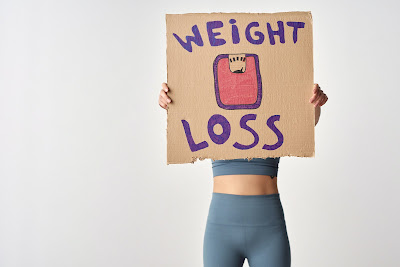

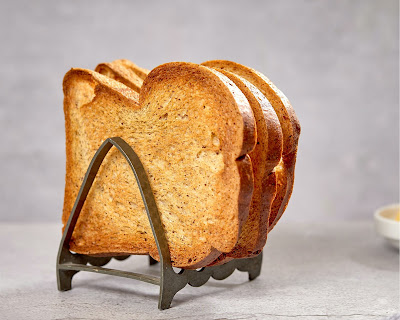

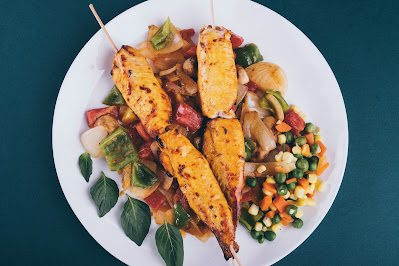
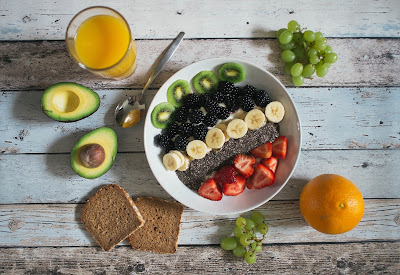

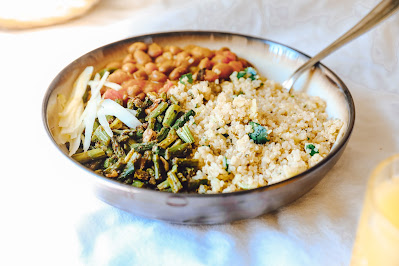

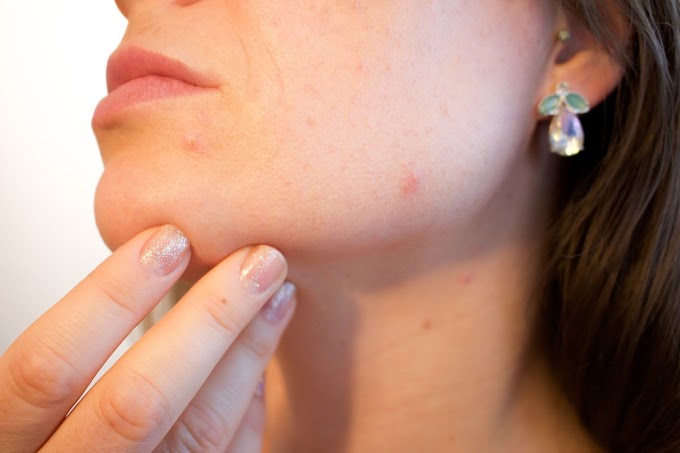









0 Comments